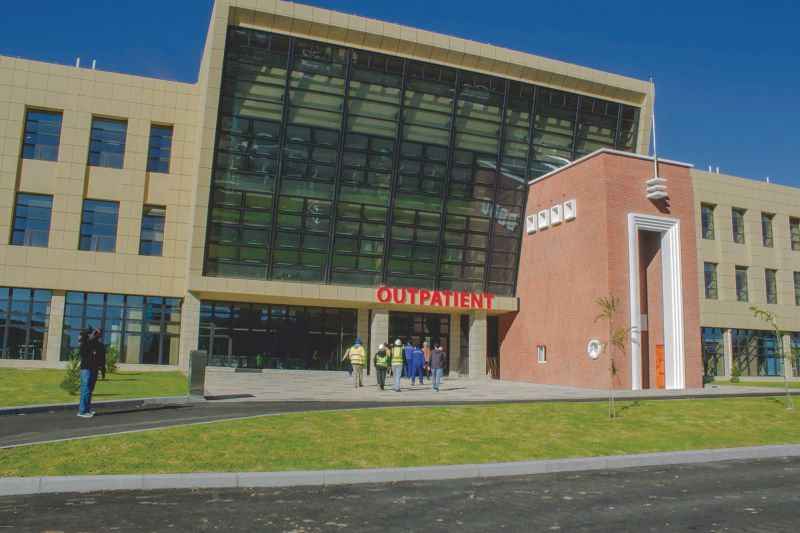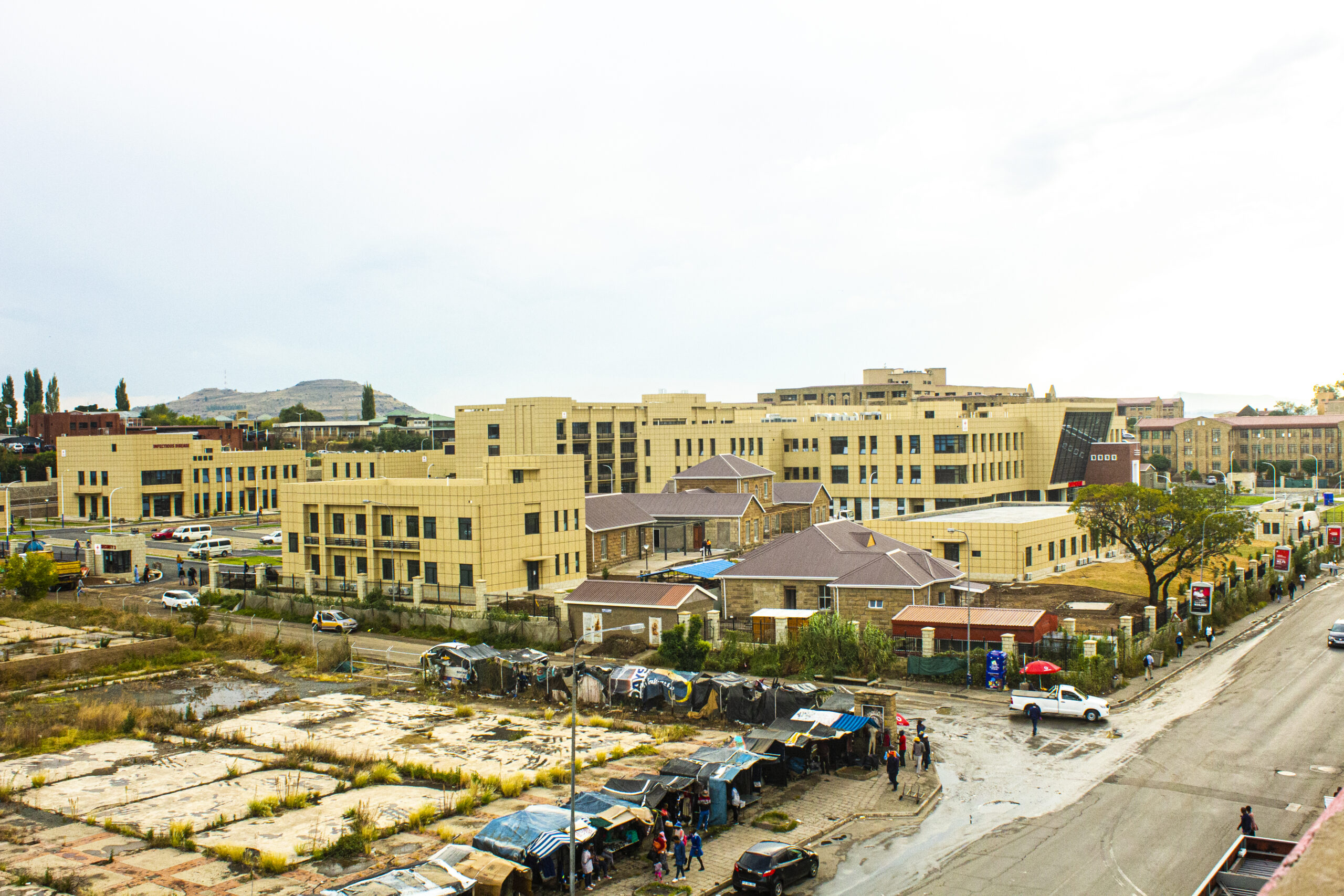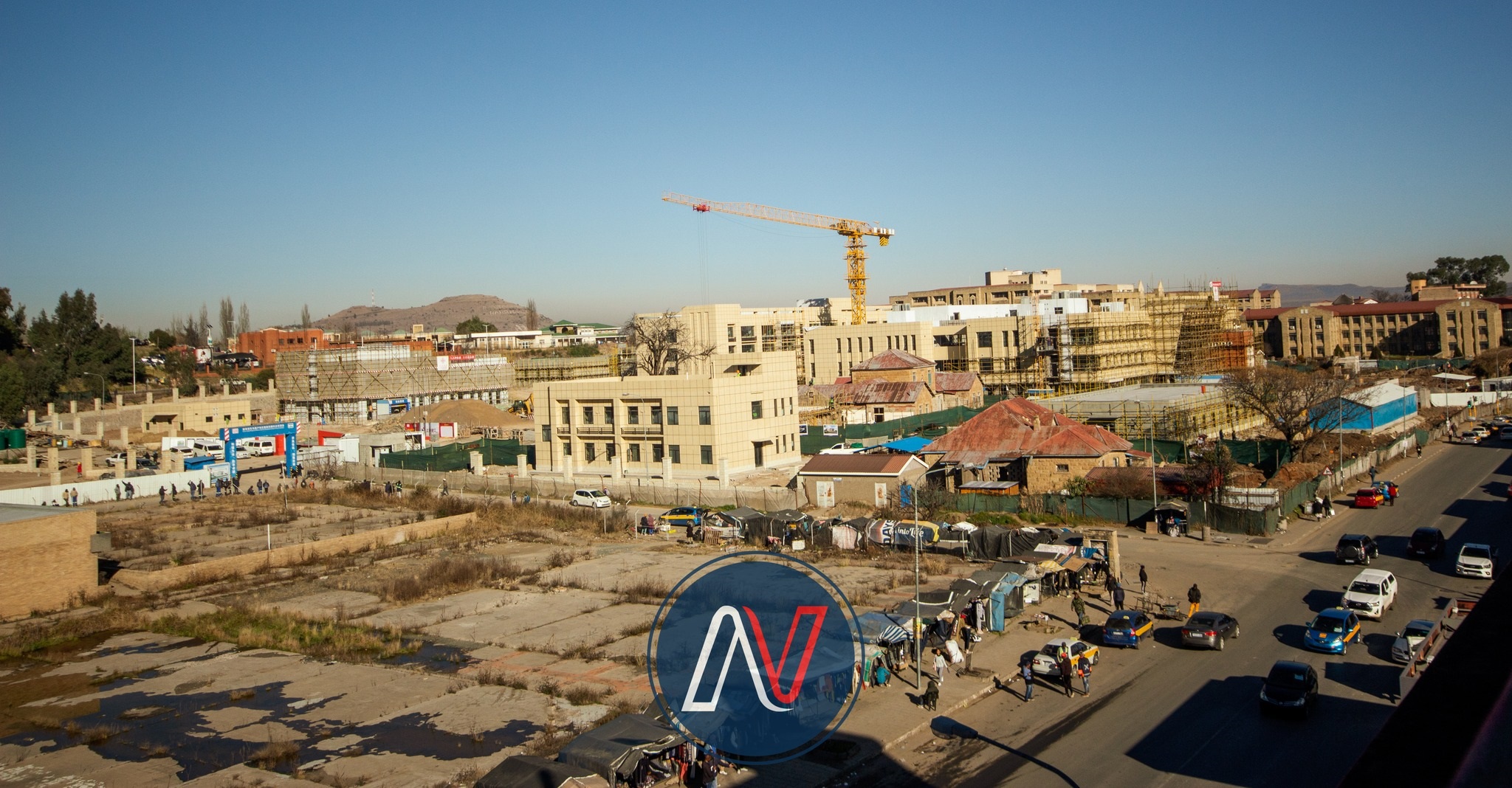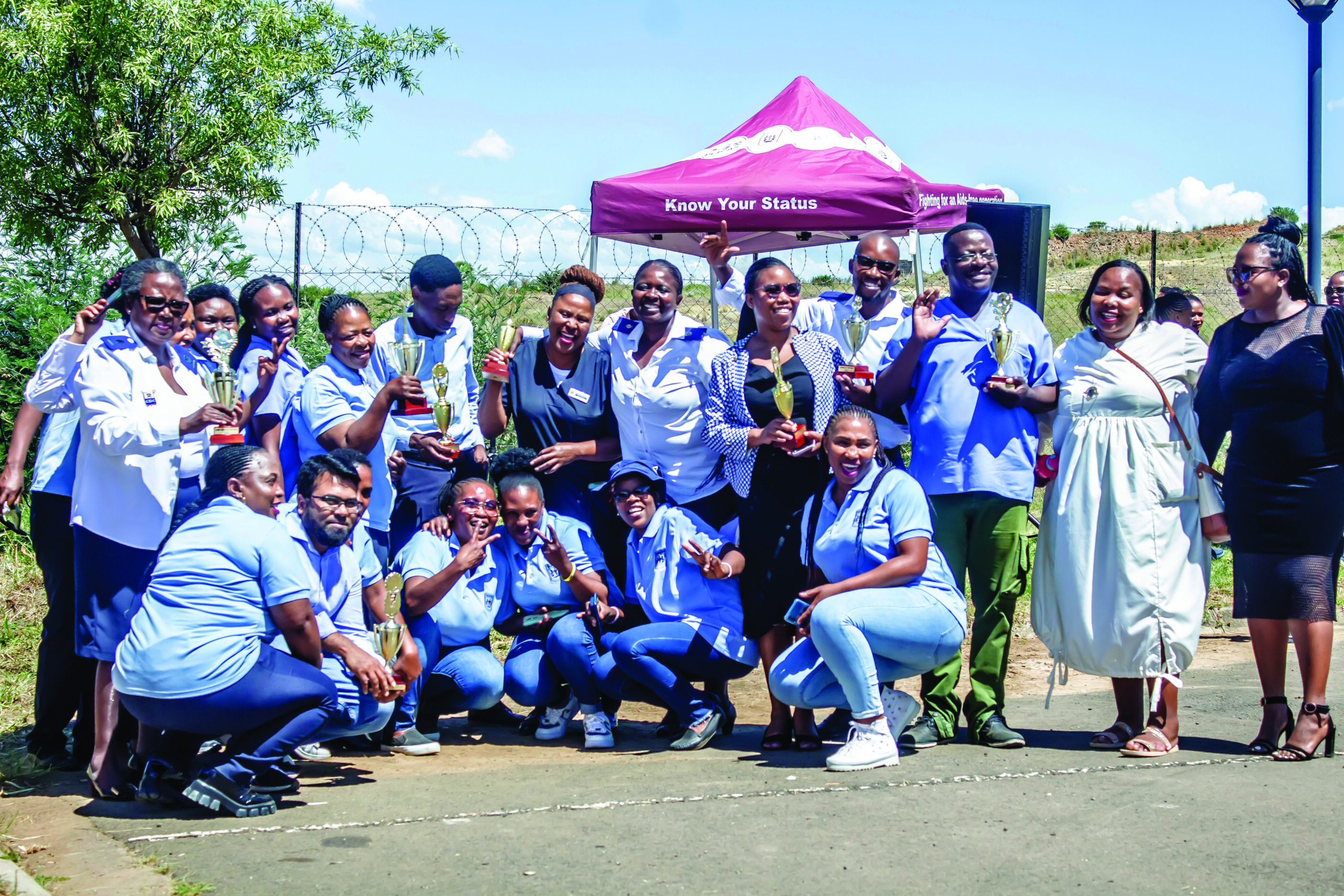… Marking major milestone in Lesotho’s healthcare
Ntsoaki Motaung
The state-of-the-art Maseru District Hospital, a gift from the Chinese government to Lesotho, was officially inaugurated yesterday, marking a significant advancement in healthcare provision for the nation.
Speaking at the launch yesterday, Deputy Prime Minister Nthomeng Majara highlighted the hospital’s innovative approach, combining traditional and Western medicine practices.
Majara recalled her recent visit with Health Minister Selibe Mochoboroane to Wuhan Hospital in China, where they observed first-hand the integration of these approaches to patient care.
“I was privileged to visit Wuhan Hospital with the Minister of Health and witness how they combine traditional and Western medicine. We expect Maseru District Hospital to adopt a similar approach as we establish this partnership,” Majara said.
She stated that Maseru District Hospital would collaborate with Wuhan Hospital, utilising telemedicine to enhance healthcare delivery.
Dr. Mary Stephen, acting WHO Representative to Lesotho, hailed the hospital’s inauguration, noting its role in improving local healthcare services. Stephen described the facility as specialised, equipped with advanced medical technology aimed at providing high-quality care locally.
“This development will reduce the need for Basotho to seek treatment abroad, ensuring that specialized healthcare is accessible at home,” Stephen affirmed.
She highlighted the strategic impact on Lesotho’s healthcare system, anticipating a decrease in patient transfers to Queen ‘Mamohato Memorial Hospital (QMMH), which will enable QMMH to specialise in complex cases and enhance service delivery.
“It is anticipated to reduce the costs associated with transporting patients to the Queen Mamohato Memorial Hospital referral hospital. This, in turn, will allow QMMH to specialise as a tertiary facility, focusing on handling only the most complex cases and alleviating the overcrowding that has sometimes compromised service delivery,” she said.
Representing the People’s Republic of China Government, LYU Liangzhong announced that the 18th Chinese Medical Team, currently at Motebang Hospital in Leribe, will transition to Maseru District Hospital to bolster operations.
He indicated that over 200 Basotho medical officials and workers have attended short-term training courses and seminars in China since last year as part of human resource and capacity building efforts.
“In the future, China will support Lesotho’s health policies, helping to strengthen the prevention and control system for communicable diseases, improve medical research, develop traditional medicine, and enhance medicine accessibility and affordability,” he said.
“We also seek opportunities to support Lesotho in reducing the prevalence of HIV/AIDS, tuberculosis, and other communicable diseases,” he added.
The Minister of Health, Selibe Mochoboroane, promised the nation that he would do everything in his power to ensure Basotho received quality healthcare services through the hospital. Mochoboroane emphasised that the state-of-the-art equipment at Maseru District Hospital positions the country to minimise the transfer of patients to South Africa.
“The equipment in the hospital necessitates that we have the required human capital in all departments. We need specialists and super-specialists to provide Basotho with the treatment they need in their home country,” he said.
“I am pleased to inform everyone that there is consent from the Prime Minister and the Ministry of Finance to hire medical doctors, specialists, and nurses. Starting next week, job advertisements will be made available for eligible candidates to apply,” he added.
Prime Minister Ntsokoane Matekane stated that Maseru District Hospital would alleviate the burden on QMMH, allowing it to function properly as the National Referral Hospital.
Matekane noted that services at Maseru District Hospital would include quality eye testing, treatment for diseases previously requiring expensive treatment in South Africa, dialysis, dermatology, intensive care, and more.

Your Trusted Source for News and Insights in Lesotho!
At Newsday Media, we are passionate about delivering accurate, timely, and engaging news and multimedia content to our diverse audience. Founded with the vision of revolutionizing the media landscape in Lesotho, we have grown into a leading hybrid media company that blends traditional journalism with innovative digital platforms.












